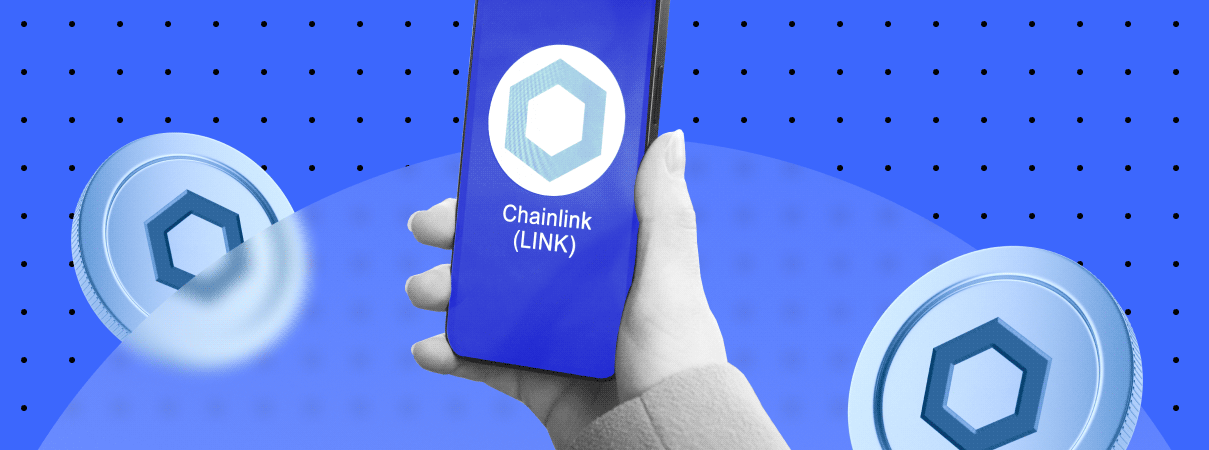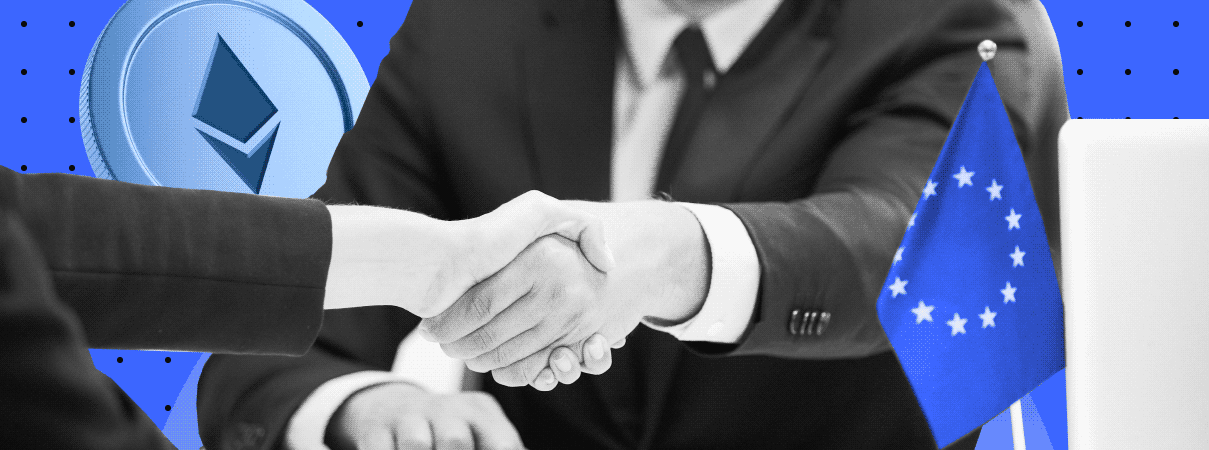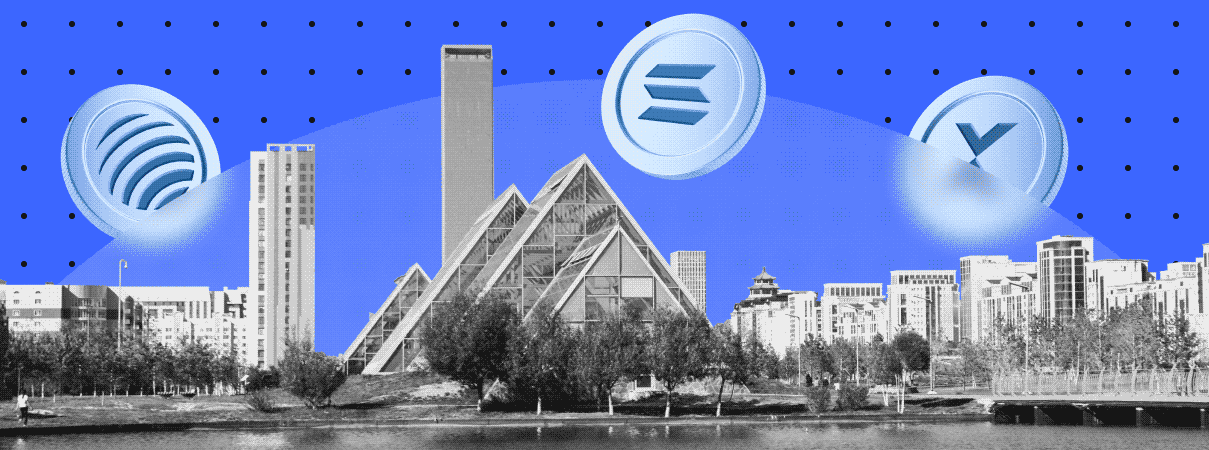The Farmsent DePIN platform for farmers announced integration with peaq, a blockchain network that will increase decentralization and transparency in agricultural supply chains, creating a global Web3-based food trading marketplace.

Farmsent, a DEX and DePIN platform for farmers, announced that it will utilize peaq, an L1 network for RWAs, increasing security and traceability of the agricultural supply chain.
As part of the integration, Farmsent will utilize peaq ID technology to manage the identity of product suppliers. Farmers partnering with Farmsent will receive DePIN soil quality sensors with unique identifiers to feed data directly into the blockchain.
In addition, Farmsent will deploy smart contracts on the peaq network that will power its global food traceability system. There are also plans to launch Farmsent’s own token on the peaq network, which will form part of the reward mechanism and enable the development of an agricultural data economy.
The Farmsent ecosystem includes more than 160,000 farmers from Indonesia and Colombia. The DePIN platform is in beta testing and tracks shipments of coffee, avocados, and palm sugar between Indonesia, Colombia, the UAE, and the U.S.
According to Yog Shrusti, Co-Founder and CEO of Farmsent, the global food trading system currently needs to be more efficient because centralized corporations oppress farmers. In his opinion, integrating Web3 into the industry could revolutionize it. Till Wendler, Co-Founder of peaq, said that integrating DePIN and DLT will solve the global problem of food insecurity and provide people worldwide with cheaper and better-quality products.
DePIN stands for a decentralized physical infrastructure network that provides infrastructure for tracking and managing physical objects. It allows users to create and use digital twins for physical objects using sensors, IoT devices, etc. so that real-time data about the status and location of these objects can be collected and transmitted.
Blockchain is actively used to improve various agricultural practices. For example, Nigeria launched a DLT system allowing farmers to access additional funding through tokenizing physical land. In California, a medicinal cannabis producer is using blockchain to certify and track its products.









